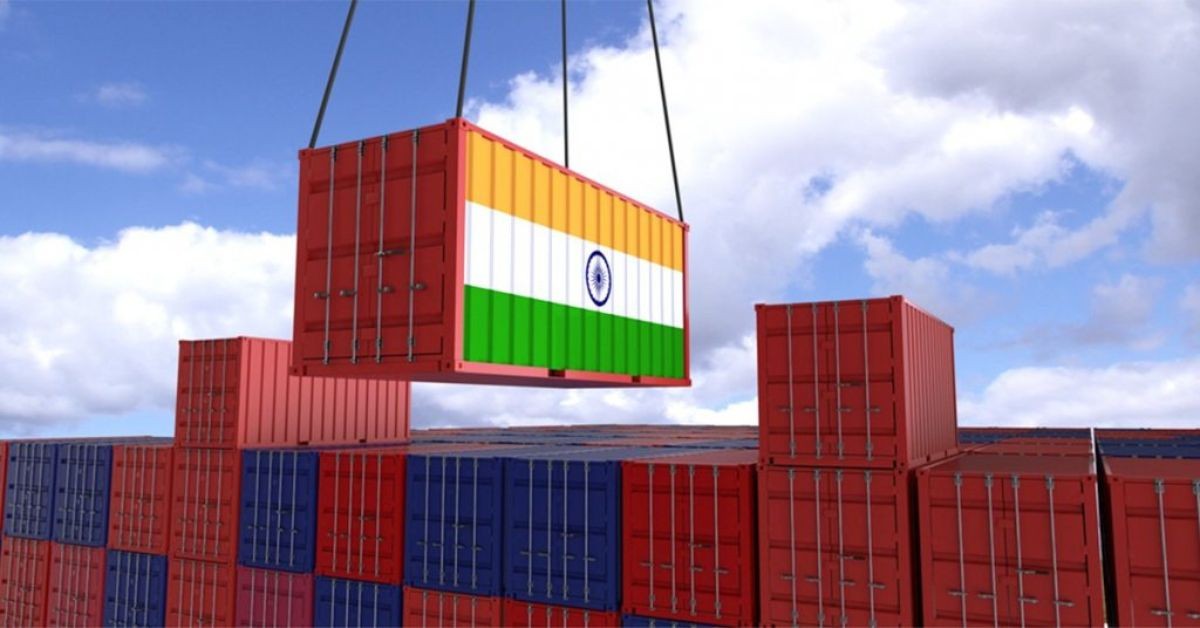With US tariffs threatening to dampen shipments, India is widening its export diversification strategy by adding 30 new focus markets to its promotion drive. Together with the existing 20 priority destinations, the 50 markets will now cover 90% of India’s total exports, a senior government official said.
The newly identified countries—including Kenya, Spain, South Africa, Mexico, Tanzania, Sri Lanka, Egypt, Thailand, Belgium, Israel, Nigeria, Mozambique, Iraq, Poland, the Philippines, Togo, Italy, and Nepal—already account for 30% of exports and present “significant room to expand both the quantity and product range,” the official noted.
The move follows a surge in July shipments to the US (+20%), as exporters front-loaded orders ahead of a 25% tariff that took effect on August 2. Washington’s measures are expected to slow India’s exports to its largest market, which has spurred an urgent push toward market diversification.
Between April and July, exports to 26 of the 40 existing focus markets rose year-on-year, reaching $91.5 billion, while the other 14 declined to $37.6 billion. Agricultural and Processed Food Export Development Authority (APEDA) alone facilitated exports of 15 new products into 28 markets in the same period, underscoring the diversification strategy’s early impact.
Beyond new market exploration, the government is accelerating trade diplomacy. The India–EFTA free trade agreement (covering Switzerland, Liechtenstein, Norway, and Iceland) takes effect on October 1, while the India–UK FTA awaits implementation. Efforts are also underway to improve utilisation of existing agreements and streamline trade facilitation through digital platforms.
Another major initiative, the Export Promotion Mission (EPM), is expected soon, targeting 2025–2031. It will operate through two schemes—one addressing export credit, factoring, credit insurance, and collateral requirements; the other focused on quality compliance, branding, warehousing, logistics, and capacity building to better integrate Indian firms into global value chains.
Officials said Indian missions in the new markets will be mobilised for “proactive and sustained” promotion, while traditional top importers—including the US, UAE, Netherlands, China, Bangladesh, Singapore, the UK, Saudi Arabia, and Germany—will remain priority destinations.









